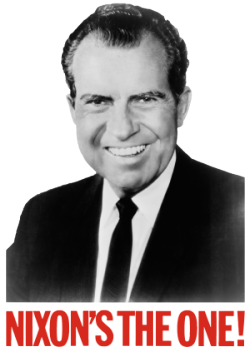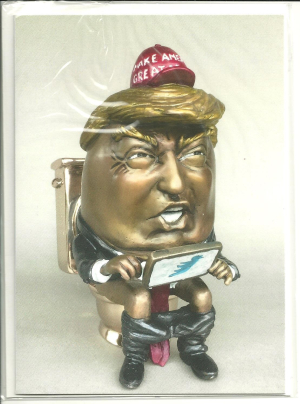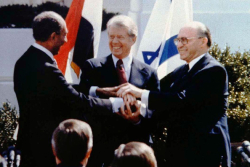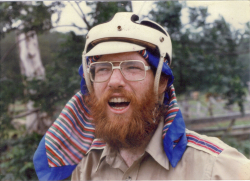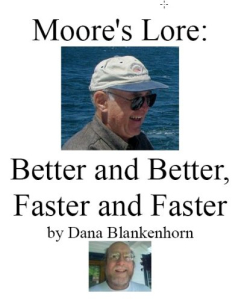Crisis of 2016
Tsunamis vs. Waves
The 2018 election was the first step in a permanent realignment in American politics. It’s driven less by tech billionaires...
Read moreThe 1979 Game
The American system may be bruised, but it is not yet broken. It is the best business environment for obeying...
Read moreThe Climax State
Technologists forgot the difference between ordered liberty and absolute license, and foreign dictators took advantage.
Read moreThe 1978 Game: Dialing Nixon to 11
Technology has laid down a few quiet bets on this election, but its influence is going to become more obvious...
Read moreLook Around, Look Around
The industry, or industries, that provide the most added-value to each generation controls our politics. What they do, in their...
Read moreThe Eye of the Hurricane
What the Republican party is left with is the investing class, the religious right, militarists, racists and “deplorables,” what the...
Read moreNo More Mr. Nice Liberal
Trumpism, and that brand of conservativism, must become as anathema as Nazism became for Germans after World War II.
Read moreMoore’s Law of Politics
It is time for a radical re-think of how government works, of how liberty can be expanded but also ordered,...
Read moreHumility and Democracy
Freedom isn’t free. It’s the most expensive type of governing there is, because it demands so much from the governed....
Read more



